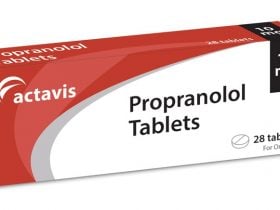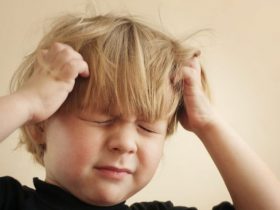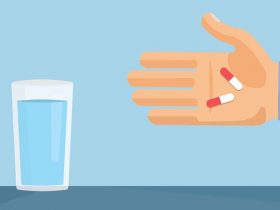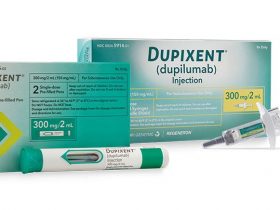Lack of sleep or insufficient sleep is one of the leading causes of numerous medical and mental conditions. It negatively affects your productivity, mood, and total wellbeing. Insomnia is also a stressful condition that makes it difficult for you to get rest. In an effort to get sufficient sleep, most people use over-the-counter drugs to facilitate sleeping routines. These drugs may include allergy medications and sleep aids that have antihistamine, like:
- Doxylamine succinate
- Diphenhydramine
Regular consumption of antihistamine can lead to drowsiness. According to the American Academy of Sleep Medicine, using sleeping aids to treat irregular sleep patterns may lead to several side effects. Studies show that using antihistamine for a long period may result in dangerous side effects, especially in older people.
This article will discuss the effects of antihistamine on sleep and other drugs that can be used to treat insomnia.
How Does Antihistamine Make Sleeping Easier?

Antihistamines prevent excess release of histamine in the immune system and the brain. The controlled production of histamine helps prevent allergic reactions. Certain chemicals that are naturally produced in the body are responsible for the regulation of the sleep-wake cycle. In an effort to aid sleep, the histamine level in the body reduces anytime you want to sleep. Decrease in the histamine level in the blood caused non-rapid eye movement sleep (NREM).
Certain antihistamine drugs, like doxylamine succinate and diphenhydramine cross the blood-brain barrier to mimic the natural function of the chemical. This is why you feel sleepy anytime you take drugs that contain antihistamine.













